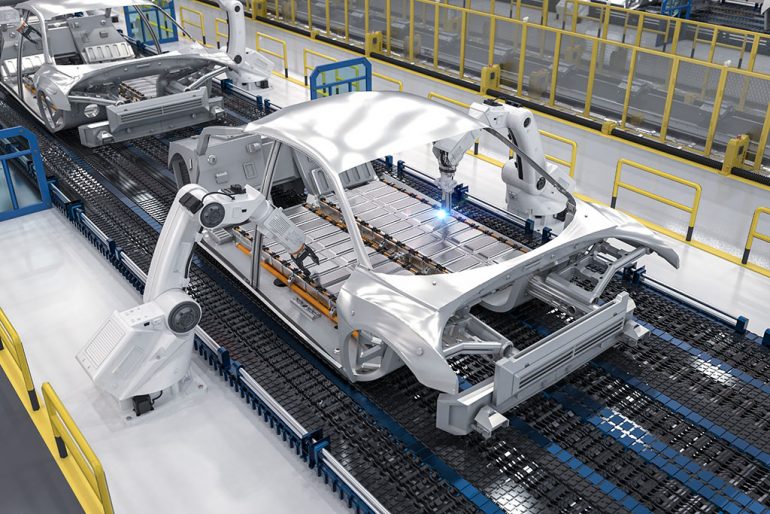
The mining of critical minerals in the Congo, essential for electric vehicle batteries and green technologies, has cast a dark shadow on the region. Amnesty International, in collaboration with the Congo-based Initiative for Good Governance and Human Rights (IBGDH), recently released a report detailing the alarming human rights abuses associated with the extraction of these minerals.
Congo is renowned as the world’s largest producer of cobalt, a vital component in lithium-ion batteries used for electric vehicles and various green technologies. Additionally, it ranks as Africa’s leading copper producer, serving industries ranging from electric vehicles to renewable energy systems.
Also, don’t forget that you can get discounted new car pricing with a free quote through qualified local dealer partners.
For years, human rights organizations and U.S. officials have raised concerns about the exploitation of Congo’s cobalt, copper, and other minerals. The concerns stem from abusive labor practices and the persistent threat of violence in a nation plagued by poverty and militant control over vast territories.
The report unveiled the stark reality of how mineral extraction has forcibly displaced local communities from their homes and farmland. This displacement often occurred without proper compensation or adequate resettlement, leaving individuals and families in dire straits.
To compile their findings, Amnesty International and IBGDH conducted interviews with 133 individuals affected by evictions related to cobalt and copper mining in six locations around the city of Kolwezi in Lualaba Province. The interviews were conducted during separate visits in February and September 2022. The report is a damning account of human rights violations.
One shocking case involved Congolese soldiers burning down the Mukunbi settlement in Lualaba Province in November 2016 to make way for cobalt and copper mining by Dubai-based Chemaf Resources. Residents who attempted to resist were brutally beaten. This incident left a 2-year-old girl with life-altering scars, and it followed earlier warnings delivered to residents by company executives accompanied by police.
Chemaf Resources denied any wrongdoing or involvement in the destruction of Mukumbi, maintaining that they had no part in directing military forces to carry out these actions. The company’s website proudly touted its copper and cobalt project as central to its growth ambitions.
The report also shed light on the ongoing demolitions of a neighborhood in Kolwezi, home to 39,000 people, to make way for an open-pit copper and cobalt mine operated by Compagnie Minière de Musonoie Global SAS (COMMUS). COMMUS is a joint venture between Chinese company Zijin Mining and the state-owned Gecamines mining company. Residents claimed they were not adequately consulted during the process, while COMMUS insisted that its compensation packages were fair and compliant with provincial government guidelines.
However, those forced to leave expressed their inability to afford housing with the same amenities as their previous homes, contradicting the company’s claims. Donat Kambola, president of IBGDH, expressed deep concern about the lack of grievance mechanisms, accountability, and access to justice for affected communities.
Amnesty International criticized companies involved in these mining operations for failing to address human rights concerns and for disregarding international human rights laws, standards, and national legislation, as well as the U.N. Guiding Principles on Business and Human Rights.
The report’s findings highlight the pressing dilemma faced by the world. As the demand for green technologies grows to combat climate change, the extraction of minerals for these products is causing significant social and environmental harm. Amnesty International acknowledges the vital role of rechargeable batteries in transitioning away from fossil fuels but emphasizes the need for a just transition. Decarbonizing the global economy should not come at the expense of human rights violations, as the pursuit of a sustainable future must be equitable and compassionate.
Source: The Associated Press